Student Blog
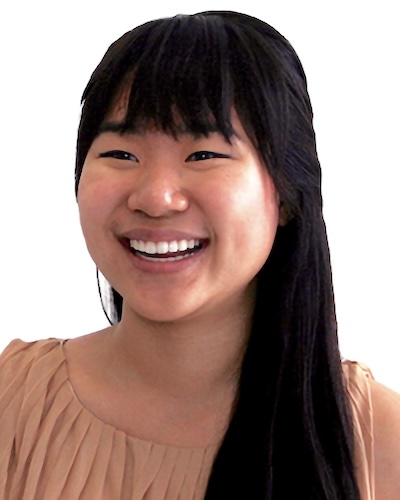
New Year, New You! ⟩
January 9, 2013, by Alisa
Life Hacks School/Life Balance
Happy New Year! Happy New You! Yes, we all survived the apocalypse. That’s something to celebrate about, right? I hope all my readers had a restful break. Last year I was in Thailand for the holidays and got to visit China as well. It was short and sweet, and I learned a few new things as well. This year, however, I did a stay-cation. I got to enjoy the warm rays of sun, wished upon a shooting star, and spent the holidays with friends and family. As I grow older, I realize that the people you spend time with matter more than the location. I made myself a few goals over break, and I achieved most of them. Yay! Time to celebrate by doing the Gangnam Style dance!
Just to recap the goals:
- Decorate the Christmas tree (Did that and already undecorated it)
- Learn how to play a ukulele (Had a jam session with a classmate who generously taught me tuning, reading tabs, and strumming patterns)
- Learn how to juggle (I haven’t practice over break yet, but break is not over, so I could still achieve this goal)
- Master the Gangnam-style dance (Okay, maybe I haven’t completely mastered it, but a group of us danced in front of a crowd. Does that count? Also, on New Year’s Eve, my mom and I danced with Psy on TV. Did you know that his YouTube video reached a billion views? That’s unbelievable and of course, it was the top news of 2012)
- Read Seven Habits of Highly Effective People (Done and already rented out the next book on my Kindle)
- Do more yoga (Yes, I went to my local yoga studio to practice. One of the sessions I attended was taught by a male instructor. Honestly, he was the most beautiful person I’ve ever seen, which, of course, gave me the adrenaline to work harder. He was an eye candy with a soft tone of voice, muscly, tall, and handsome and emphasized fluidity in our poses and movements. Another class that I attended was taught by a chiropractor. The class is called Prana Flow, and it was 2.5 hours. Yes, you are reading correctly. 2.5 hours. 150 minutes. A good half hour of it was meditation. Since I went to the class at night, I had already exerted myself leading a food tour earlier that day, so when the corpse pose (savasana), where you lie supine on the ground, came around, I knocked out. Twice. At the start of class and at the end of class. So, I’ve concluded that I’m addicted to yoga. I would like to get a teaching certification one day, so that I could share my practice with others, making it accessible to everyone. It is my dream to own a health and wellness studio one day. Yes, all my readers could get a free class. 😉
I can’t believe that school resumes next week, but it’ll be good to get the ball rolling. I still have to finalize my schedule, but I’ll get that all sorted out very soon. It doesn’t help that there are so many elective options we could choose that with my being the indecisive type does not really help.
⋯
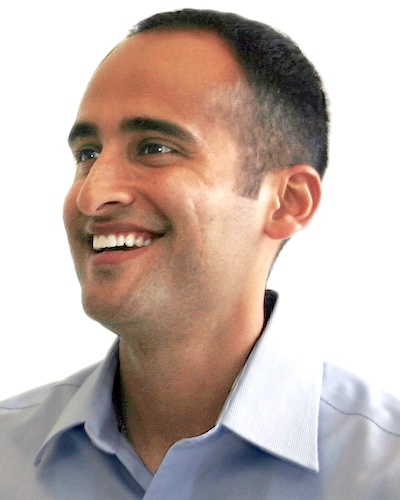
Resolutions ⟩
January 8, 2013, by Ricky
Life Hacks School/Life Balance
As of today, I am beginning operation Get Fit (Registered Trademark by Ricky — not really). So I know we’ve been in the New Year for a few days now, but I was on vacation up through yesterday — well . . . technically, I started work yesterday, but yesterday was the BCS Bowl (which turned out to be a disappointment) and I knew I’d be enjoying several delicious beverages and a few unhealthy snacks. Anyhow, as of today, it’s go-time! Operation Get Fit is a work in progress, but the foundation includes daily physical exercise, meditation, and eating healthy. The focus right now is maximizing mornings. My ideal morning includes some exercise, a warm shower, and a solid breakfast. I always feel more productive and satisfied with my performance if I start the day with a good jog. This might actually have something to do with my sensory preferences — I may just be giving my body what it needs to start the day. The real challenge with my fitness goals is being able to make the time. My schedule is pretty tight, with school, work, the fiancée, and living so far from everything. But it is as they say, “Where there’s a will there’s a way.” There is always a way. One strength is having a gym nearby wherever I’m at. And another strength is the fact that I love the gym. I get so pumped when I walk in and see super-fit people grinding on the machines and weights. I get even more pumped when I see people that are in non-ideal shape hitting it hard. I’m like “yeah, get your health on!” I guess I’m lucky to feel this way because I know some people who hate the gym. Anyhow, as most college students probably do, I am really reconsidering my living arrangements as of late — I may just rent someone’s couch for the remaining semester. Anybody got a living-room couch for rent? Haha. We’ll see how it all works out, one thing’s for sure, I am getting FIT! I’ll be getting married this summer and I want to be in top shape. Next on the list: figuring out how to grow some more hair. 😊
⋯
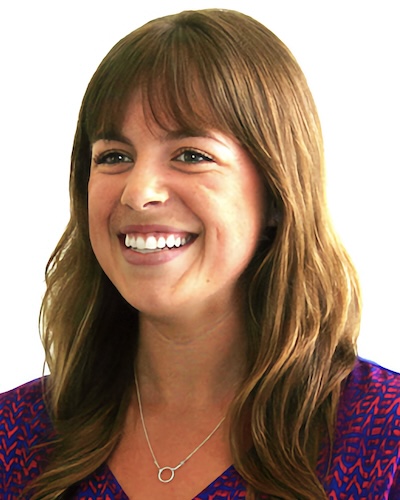
The Circle of Life ⟩
December 29, 2012, by Paula
The long break from classes has been a great opportunity to accomplish goals from the semester which are pushed aside for studying and more accessible study breaks with friends. It has been so great spending this time at home with my family and visiting with friends from different points in my life. My family made it through the whirlwind of Christmas celebrations — spread through about 5 days of festivities. With things calming down a bit, this week was the perfect time for a date with my mom in San Francisco. We traveled in to the city and browsed the Ferry Building on the Embarcadero, grabbed lunch and then went to the matinee of The Lion King at the Orpheum Theater. Having grown up in the Bay Area and spent almost 20 years living in the area, it is still nice to act like tourists occasionally.
The show was amazing. I do not have any background in theater, unlike many of my peers (and fellow-student ambassador, Kendra, who is definitely a pro) and I have only been to two performances but I have so enjoyed it each time. The effects, costumes, and coordination of all sights and sounds is just mind-blowing! This performance was unique to the one I had previously seen because there were children in the cast. As I sat watching with my mom, I was taken back to my childhood — which was full of Disney movies — and I wondered how things may have been different if I had been interested in theater instead of the many lifelong occupations I still cherish and pursue. Here were 9 year old children involved in a touring production who were bringing it all to the table and loving it! It was so great to see and I found myself wondering if their parents were also in theater and if the adults in the cast had also begun their careers in this art as a child. This job is clearly rigorous, with frequency of performances and the demands on the body and mind to commit to characters, and it is incredible that these professionals do what they do. Viewing and experiencing these performances is a new occupation of mine — although it may not come to fruition until I have a salary. :] I encourage you to give a new occupation a try before the new year!

⋯
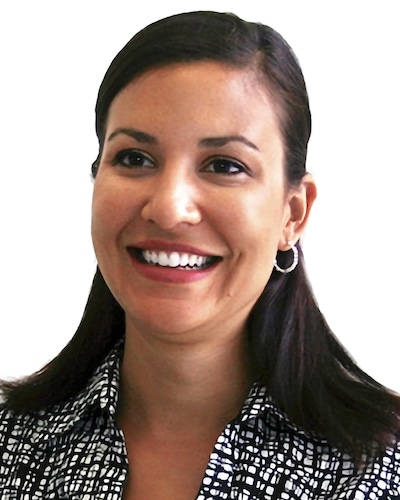
Break Time ⟩
December 18, 2012, by Amber
Well, school is officially out for winter break and I am free for the next month. Whenever I have a long break from classes, a seemingly endless list of things I want to do immediately forms in my mind. Among the items on my list: play the piano, craft several Christmas presents, re-learn Photoshop, read a novel, catch up with a dozen different friends, and travel to two other states for Christmas and New Year celebrations. Needless to say, I never seem to accomplish even a fraction of my “to do” list. What I have managed to do so far is spend two days at Disneyland and organize my paperwork and binders from the fall semester. And it’s already time to leave on my three-week, three-state jaunt. I am looking forward to visiting family and friends that I don’t see as often as I would like. And nothing beats the celebration on Christmas Eve when my entire extended family gets together, each with their trademark potluck dish in tow. It’s a wonderful, warm time of year and I’m going to enjoy every moment of it.
My cat is not as thrilled as I am about Christmas.
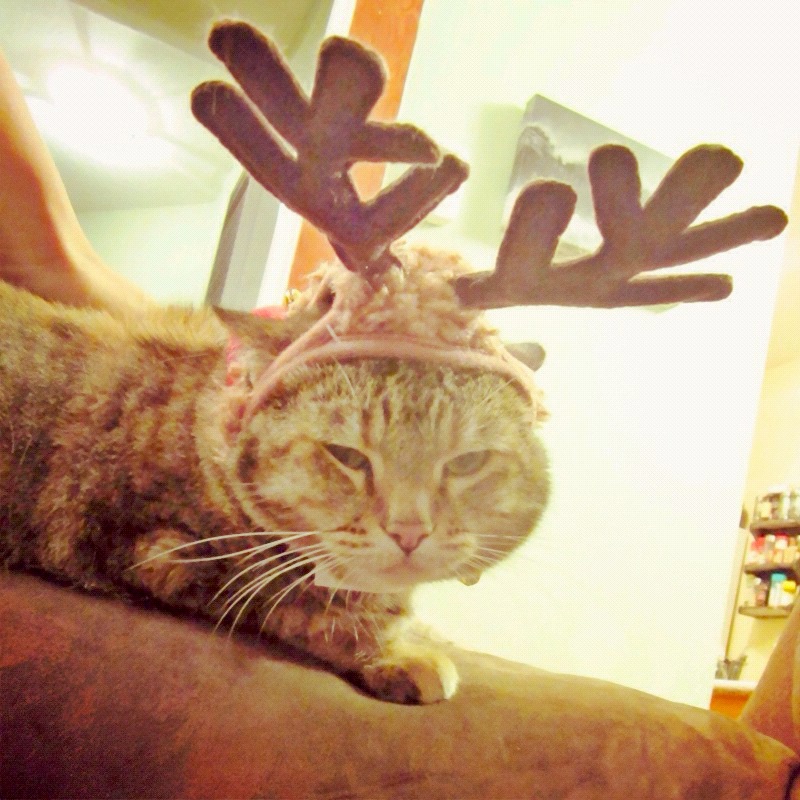
⋯

Goals for winter break ⟩
December 17, 2012, by Alisa
I’m done with finals! Woohoo! I’m looking forward to relaxing more over winter break.
I’ll be doing a stay-cation this break, and here are some of my goals:
- Decorate the Christmas tree (I just did last night!)
- Learn how to play a ukulele (I purchased one over Black Friday weekend!)
- Learn how to juggle (a friend told me I have potential 😉)
- Master the Gangnam-style dance
- Read Seven Habits of Highly Effective People
- Do more yoga
These goals should keep me busy, and I’ll keep in touch by blogging too. Do you have plans for the holidays?

It’s beginning to look and feel like Christmas!
⋯





